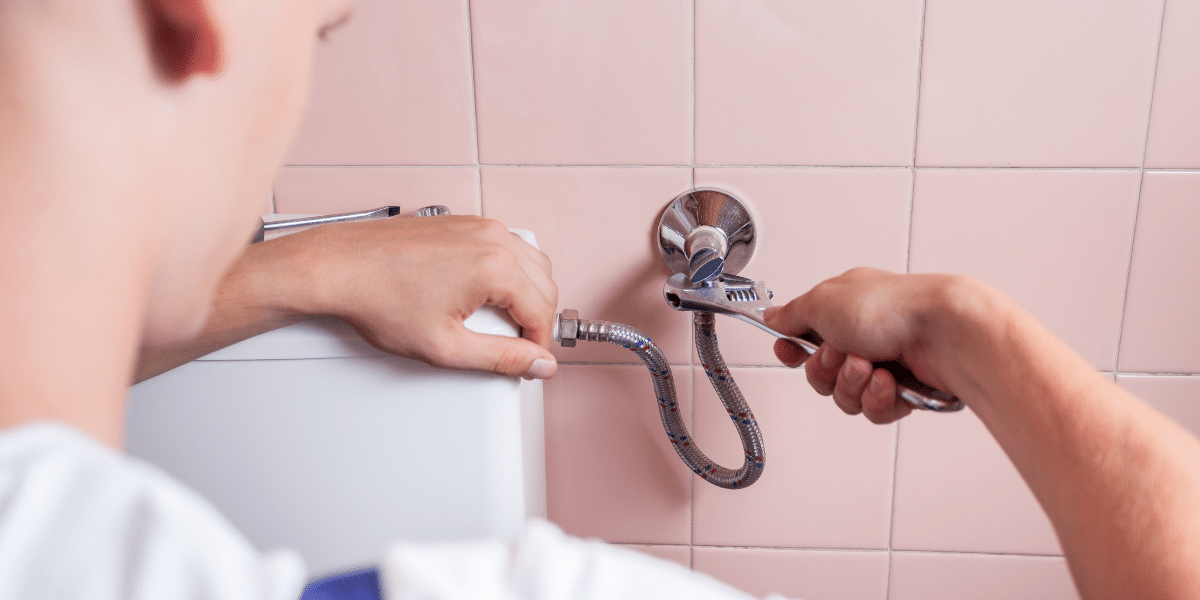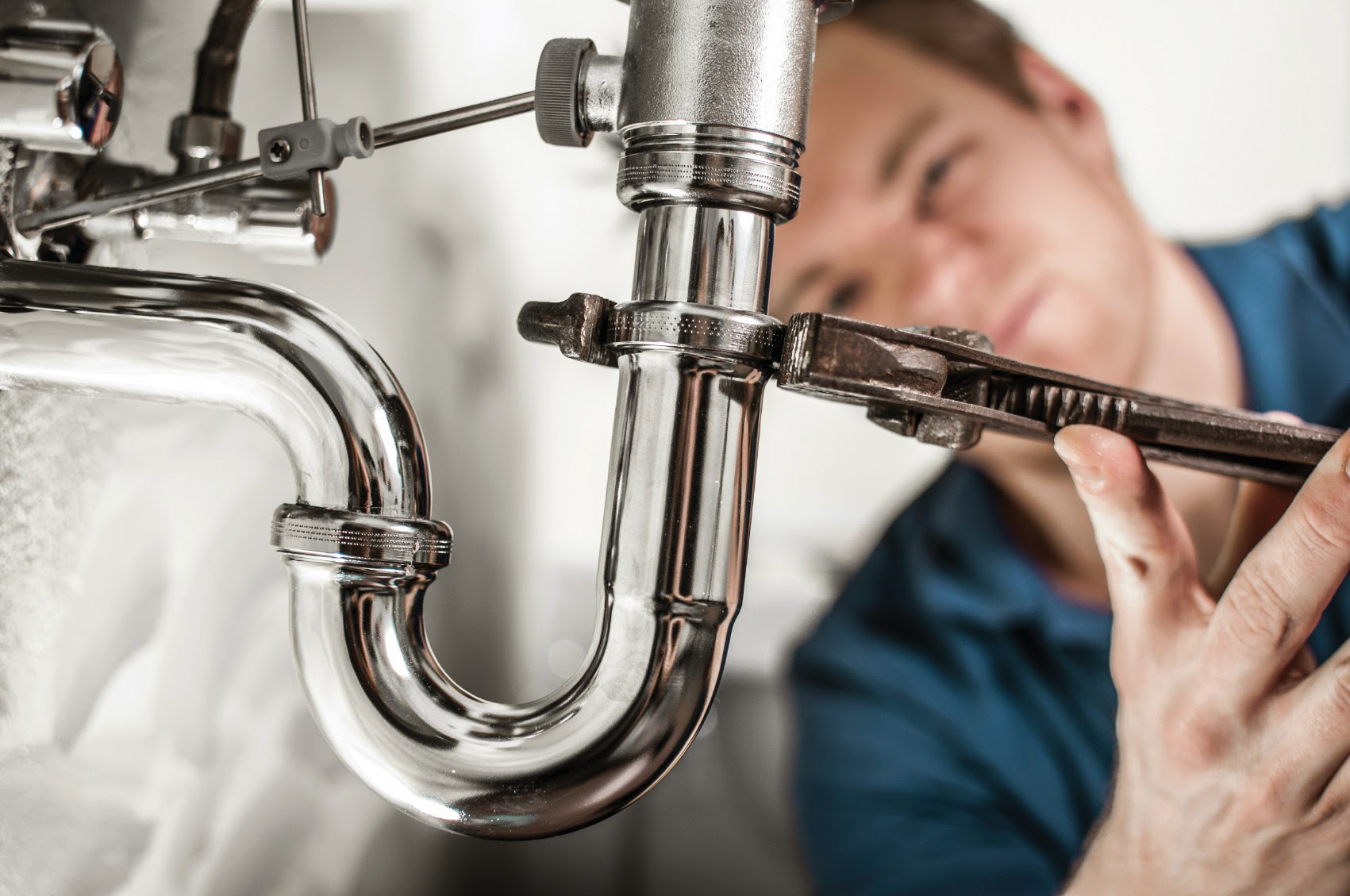Top 5 Reasons Behind Water Leaks
Get An EstimateEveryone is bound to have their own thinking when it comes to Common Causes of Water Leaks in the Home.

"Beware of little expenditures. A small leak will sink a terrific ship." - Benjamin Franklin.
He couldn't have been much more right since water leaks in our homes cause a waste of resources, raising our water expenses. This increase may appear negligible at first, it can lead to substantial costs that can break your bank. Other than a rise in expenses, water leaks likewise trigger undesirable organic development, architectural damage, and also even electric risks.
If you have a water leakage isn't always easy due to being not able to see most of the pipework in your residence, figuring out. If you have had an increase in your water bills lately, discovered water discolorations on ceilings and wall surfaces, scented lousy odor, and so on. You could intend to consider asking for plumbing services to get it had a look at.
There are a number of causes of water leakages, and also we have actually put together the common reasons listed below. Examine to see if you have actually had associated issues in your home lately.
Clogged drains pipes
Food particles, dirt, and oil can cause clogged up drains and block the passage of water in and out of your sink. Increased pressure within the seamless gutters can cause an overflow as well as end up fracturing or rupturing pipes if undealt with. To prevent clogged drains in your house, we encourage you to prevent pouring particles away and also routine cleaning of sinks.
High water pressure
You saw your house water stress is more than typical but after that, why should you care? It runs out your control.
It would certainly be best if you cared due to the fact that your ordinary water pressure need to be 60 Psi (per square inch) and although your house's plumbing system is made to stand up to 80 Psi. A boost in water pressure can put a pressure on your residence pipelines and cause fractures, or worse, ruptured pipelines. If you ever notice that your house water stress is greater than typical, contact an expert regarding regulating it.
Rust
As your pipework grows older, it gets weaker and more at risk to corrosion after the constant passage of water through them, which can gnaw at pipes and also cause splits. A visible indicator of rust in your house plumbing system is staining and also although this might be tough to discover as a result of many pipelines hidden away. We advise doing a constant checkup every couple of years as well as transform pipes once they are old to make sure an audio plumbing system
Compromised pipeline joints
Pipe joints are the parts of our plumbing system where the pipelines link. It is important to note that also though pipes are designed to endure pressure and last for a while, they weren't developed to last permanently; for that reason, they would weaken over time. A common sign of damaged pipe joints is extreme noise from taps.
Broken seals
An additional cause of water leakages in houses is broken seals of home appliances that use water, e.g., a dishwasher. When such devices are mounted, seals are mounted around water ports for very easy passage of water through the machine. Hence, a damaged seal can trigger leakage of water when in use.
With little or no knowledge of plumbing, understanding your residence's plumbing system enough to deal with a few of these problems (without repercussion) can be a hassle. Contact plumbing specialists in Pittsburgh, Providence, Rochester, as well as environ today, and they'll make those problems disappear.
He could not have been extra ideal because water leakages in our houses result in a waste of resources, enhancing our water bills. If you have had a boost in your water expenses recently, observed water stains on ceilings and also wall surfaces, scented poor odor, etc. A boost in water stress can put a pressure on your house pipes and also lead to cracks, or worse, burst pipes. One more reason of water leaks in houses is broken seals of house devices that use water, e.g., a dishwasher. When such home appliances are installed, seals are installed around water connectors for very easy passage of water with the machine.
5 TIPS IN DETECTING A WATER LEAK IN YOUR HOUSE
Water leaks can be hard to find in your home, yet they can be so common. We rely on water every day in our home, which is why a leak can cause big problems. By detecting them early, you can save money and further damage, getting the problem fixed as soon as possible. Here are 5 tips to help you detect a water leak in your home, so you can contact a plumber straight away and get the issue sorted.
Check your water meter
Many people underestimate the value of the water meter in their home. It can be one of the best ways to tell if you have a leak early on, so you can get on top of it before issues start arising. Start by turning off all the water in your home: taps, washing machine, dishwasher, etc. Now take a look at the meter – if it’s still changing with everything turned off, it’s likely you have a fast-flowing leak that you need to get on top of straight away. If nothing changes, then leave your meter for an hour or two and come back to it. Did it change in this time? It’s likely you have a slower leak, which isn’t as urgent but still handy to get fixed so it doesn’t become a bigger problem.
Keep an eye on your bill
Another good way to detect a leak in your home is by keeping an eye on your water bill. It helps if you have a past bill from the same period of time. You can compare like for like and determine whether your water usage has increased significantly. If it has, there may be a leak in your system that you haven’t picked up before. A professional plumber can check through all of your pipes and determine where it is coming from.
Look for damage
If you have a leak inside your home, you will notice damage over time. Take a look at your showers and bathtubs and note whether any of the tiles surrounding the area seem to be discoloured or damaged in any way. There may be water stains, mould or peeling material that has resulted from a build up of moisture over time. Make sure you take a look under sinks at the back of cupboards that don’t get accessed regularly. This is where damage can go unnoticed and build up over periods of time.

As a devoted reader on How to Find and Prevent Water Leaks in Your Home, I think sharing that piece of content was a great idea. Sharing is nice. Who knows, you will be doing someone a favor. Thanks a lot for your time. Kindly check up our website back soon.
Leaks? Ring us!